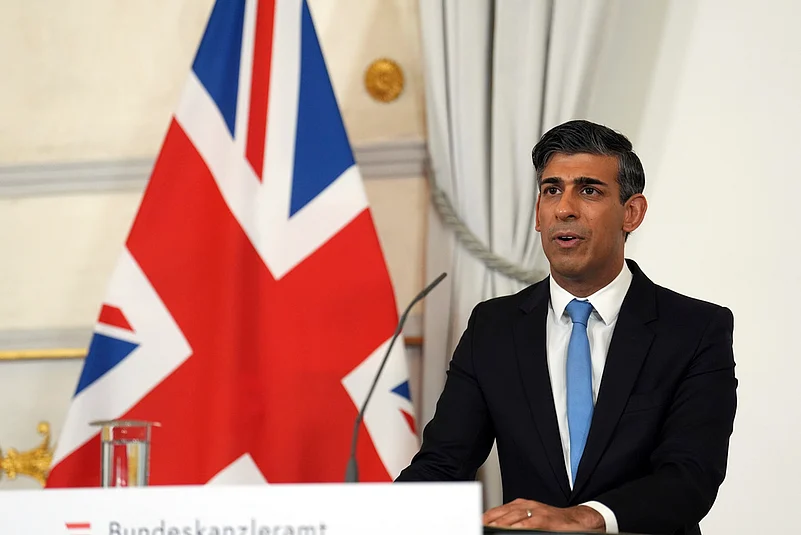With the UK Elections 2024 all set for July 4, Prime Minister Rishi Sunak and the Conservative Party have been projected to record a "historic defeat". As per major pollsters in the UK, Keir Starmer's Labour Party has been projected to win and form the next government.
Based on polls conducted by YouGov, the Labour Party has been projected to win around 425 seats of 650 in the House of Commons.
The Labour Party had already been projected to win amid a mass exodus of MPs from the lncumbent Tory government. However, major pollsters have now more or less confirmed victory for Labour, similar to the election of Tony Blair in 1997.
End Of 14-Year Conservative Rule?
As per YouGov, the Keir Starmer-led party will win around 425 seats in the UK House of Commons. Furthermore, Savanta has predicted 516 seats for the Labour party and More in Common has projected 406 seats.
Meanwhile, YouGov has projected 108 seats for the Conservatives and 67 for Liberal Democrats. Savanta has projected 53 seats for the Tories and 50 for the Liberal Democrats and More in Common have projected 155 and 49 seats respectively for the parties.
With these projections, the Conservative Party's 14-year rule is set to come to an end.
Trouble For Rishi Sunak
Ahead of the polls on July 4, trouble was on the rise for Rishi Sunak, who has been voted as the "worst PM of the UK".
Not only has Sunak witnessed a mass exodus of MPs last month, he also has the worst popularity and approval rating any British prime minister has received.
What Happened In 2019?
In the 2019 Elections, the incumbent Conservatives won a total of 365 seats and Boris Johnson became the prime minister. However, in October 2019, the Parliament were dissolved and in the snap elections, Johsnon emerged victorious again.
However, after a COVID crisis and "Partygate", Johnson announced his resignation and was replaced by Liz Truss.
Liz Truss also resigned from the post and was succeeded by Indian-origin Sunak as PM.
The UK Elections 2024 are scheduled for July 4. The UK House of Commons has a total of 650 seats in the lower chamber. Of this, the winning party needs 326 seats to declare a majority.



























